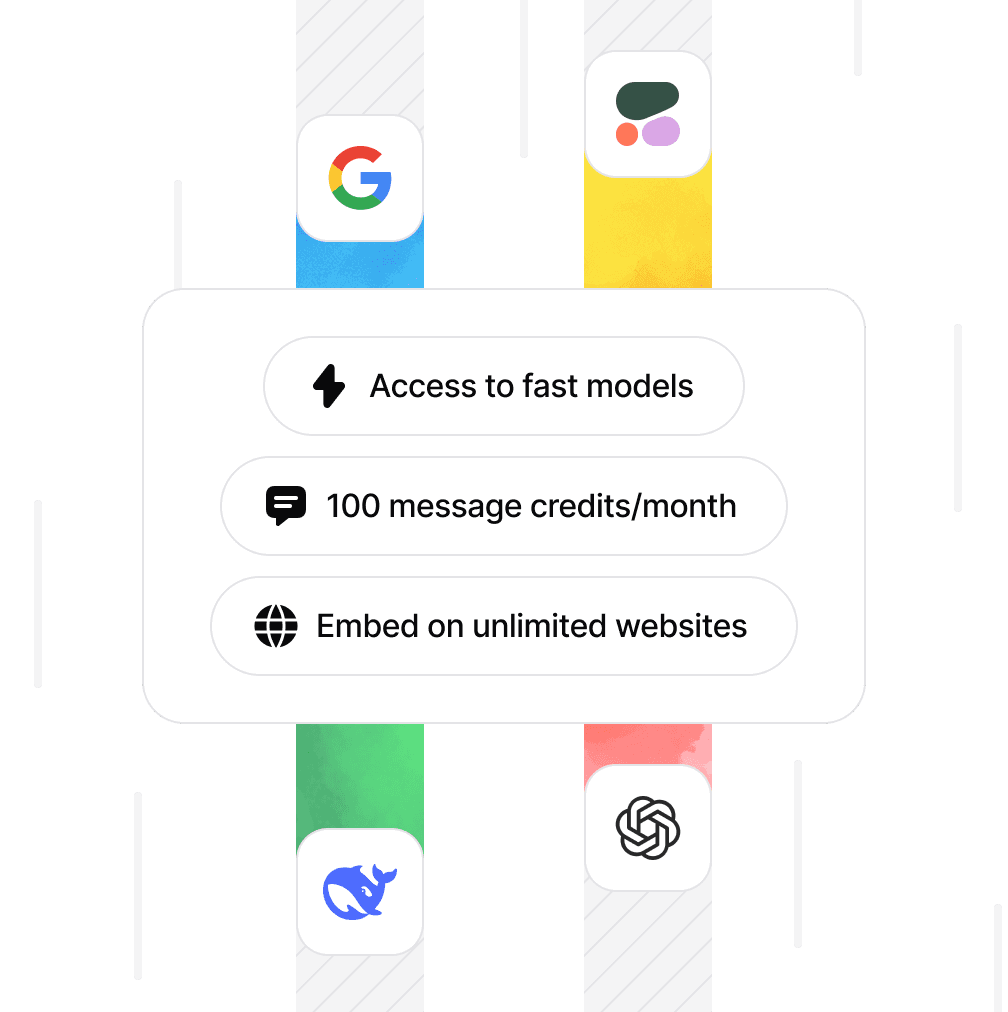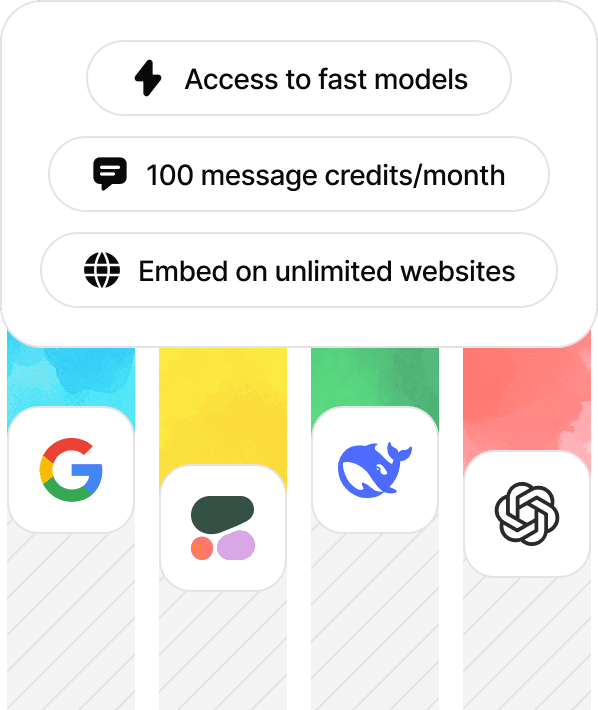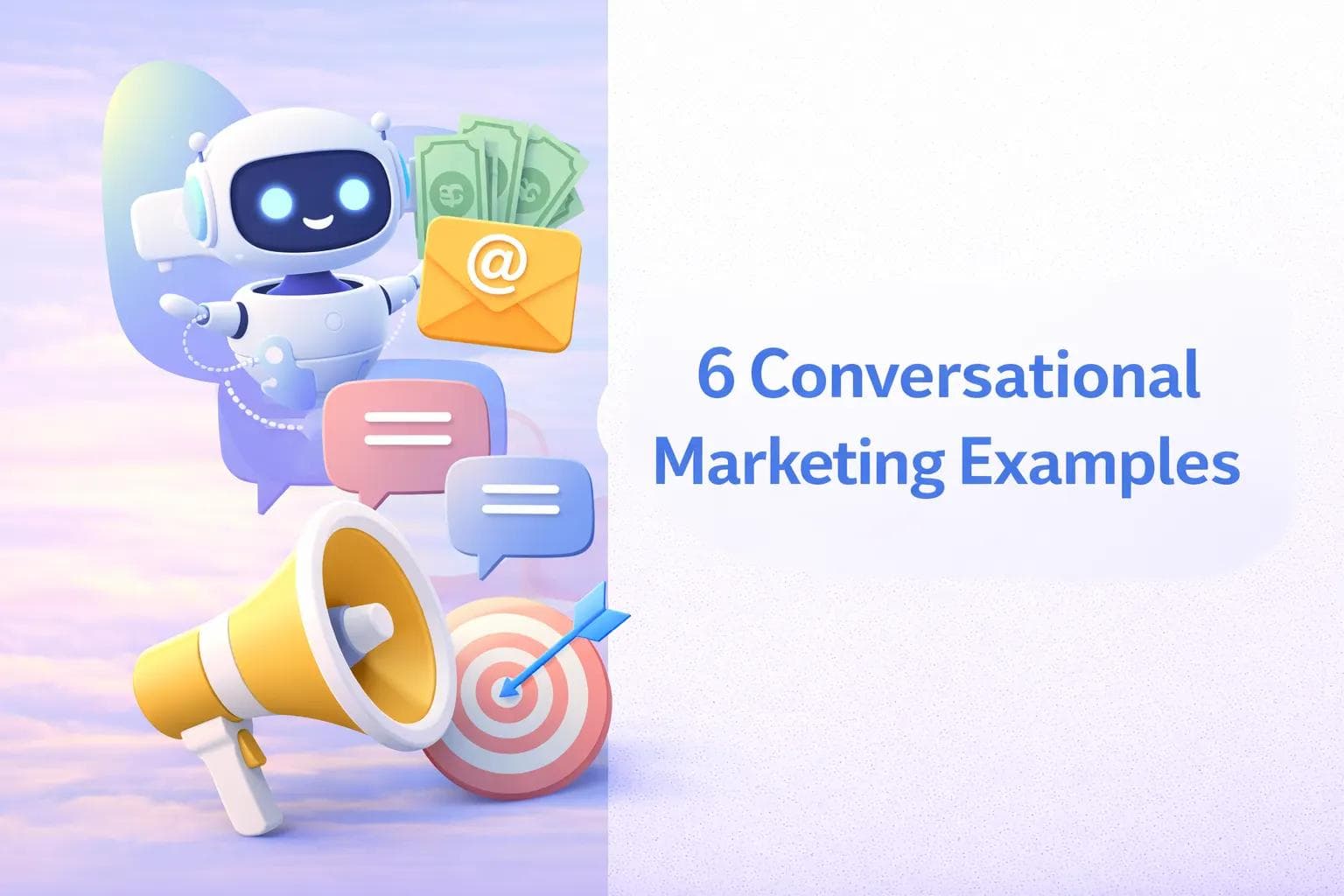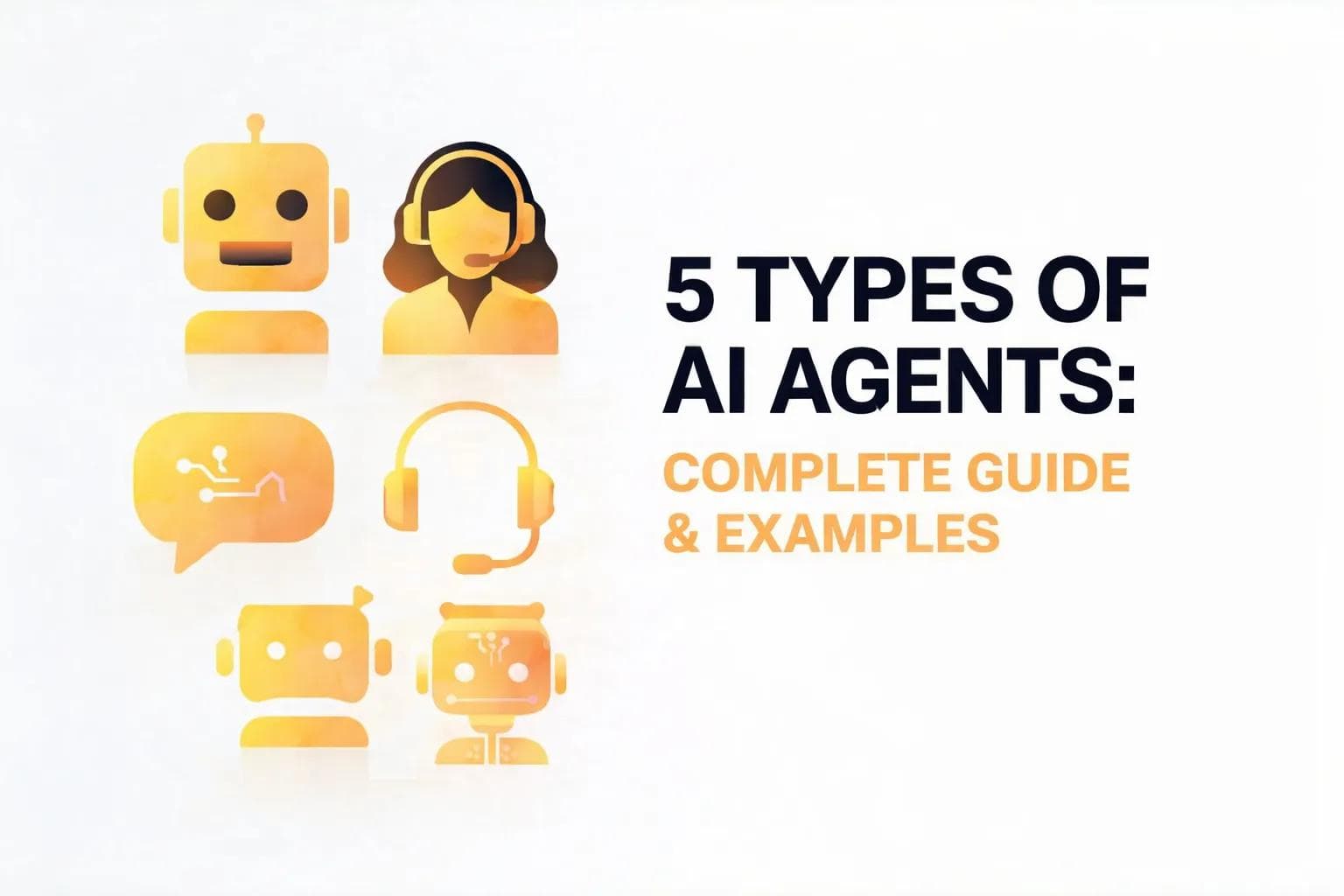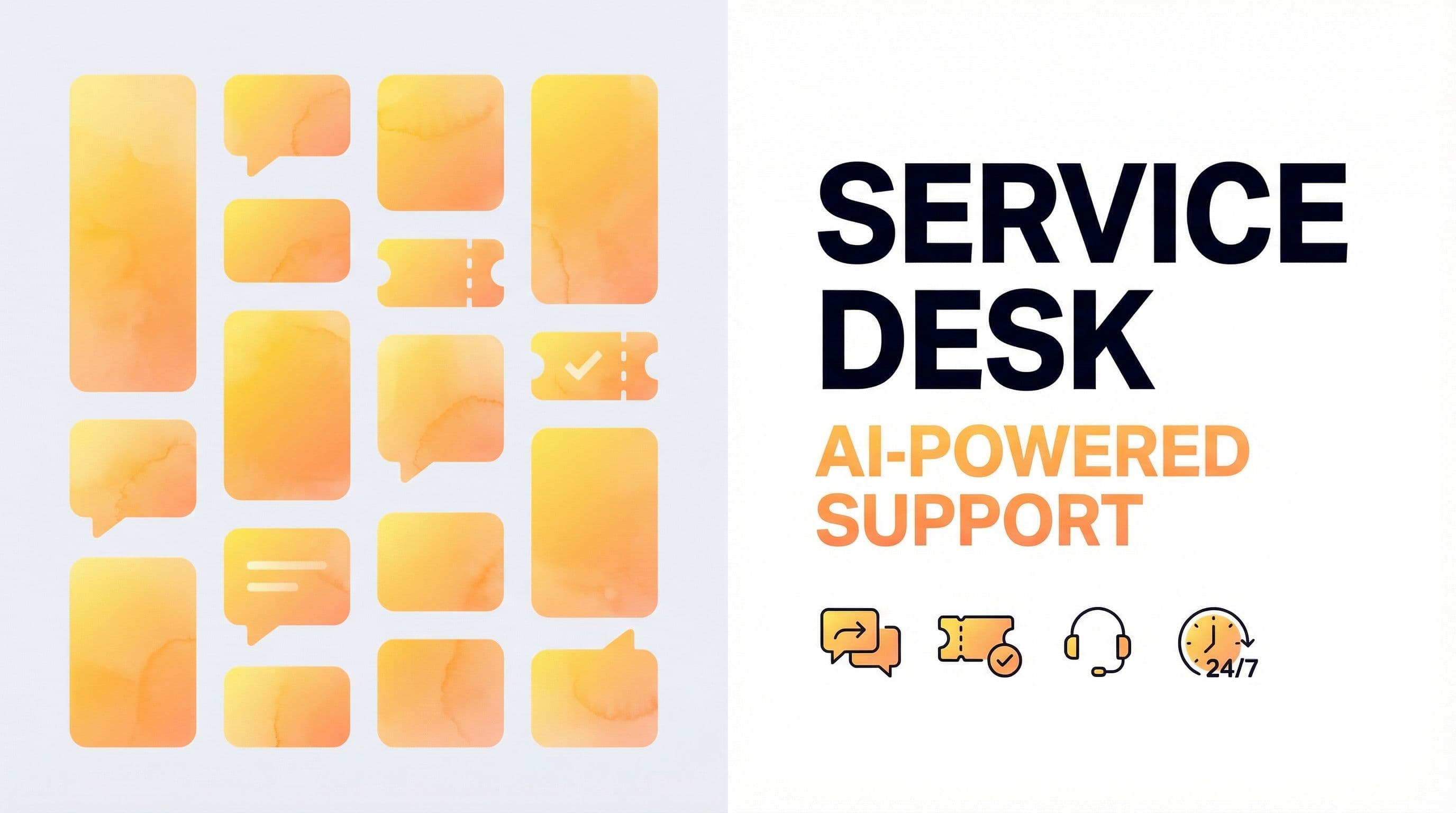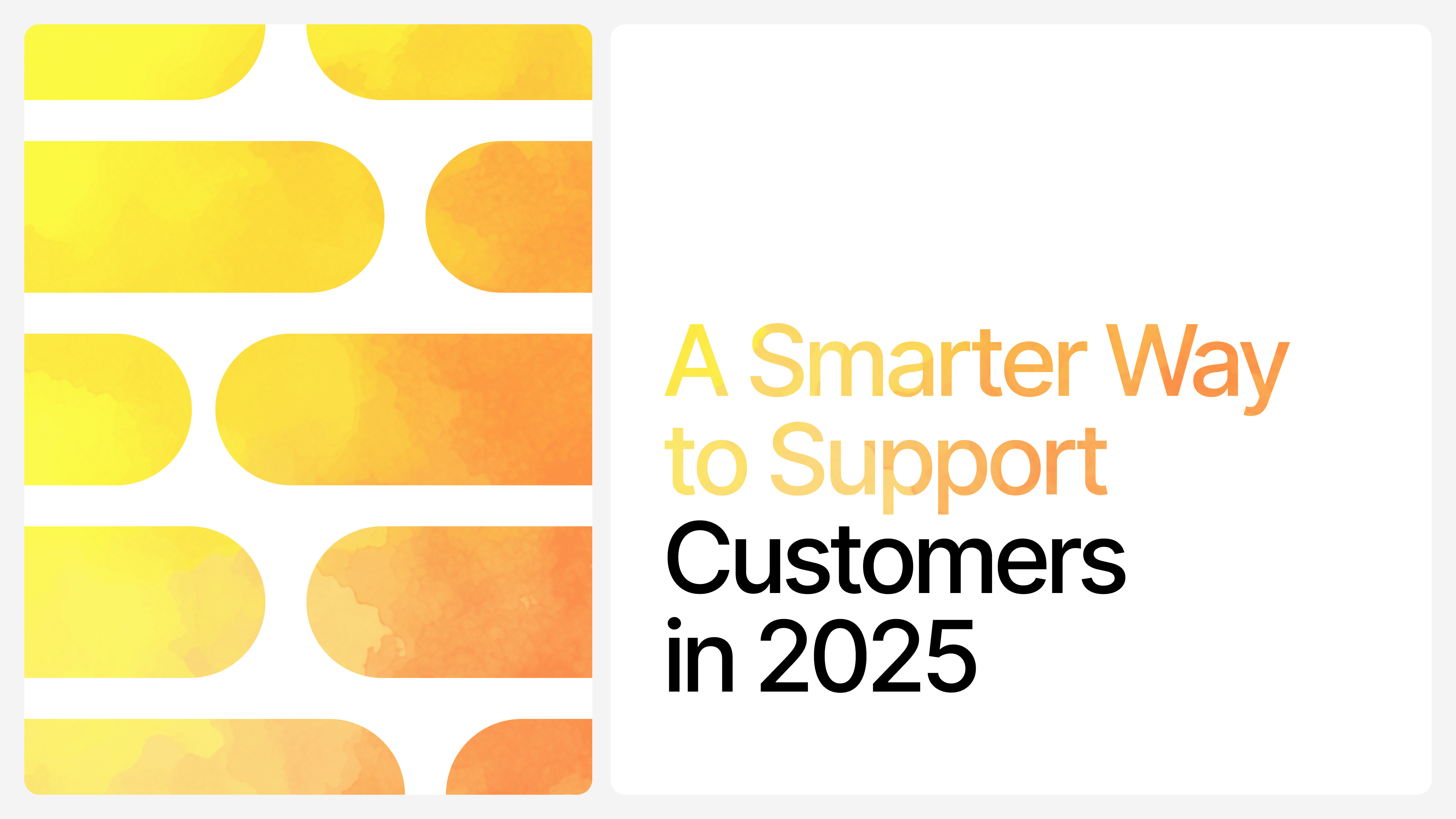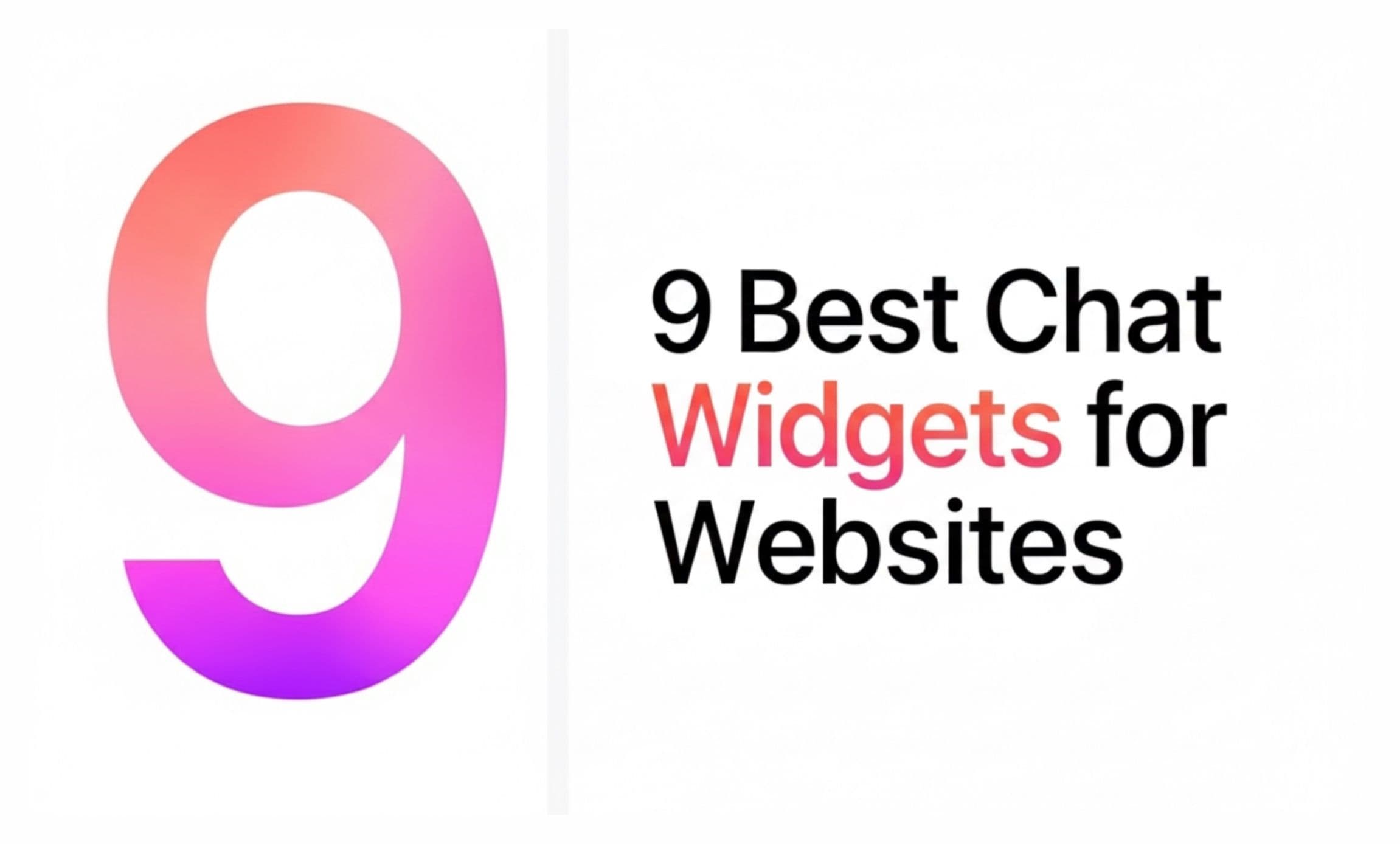How Do Chatbots Qualify Leads? A Complete Guide
Max T
Aug 13, 2024
10 min read
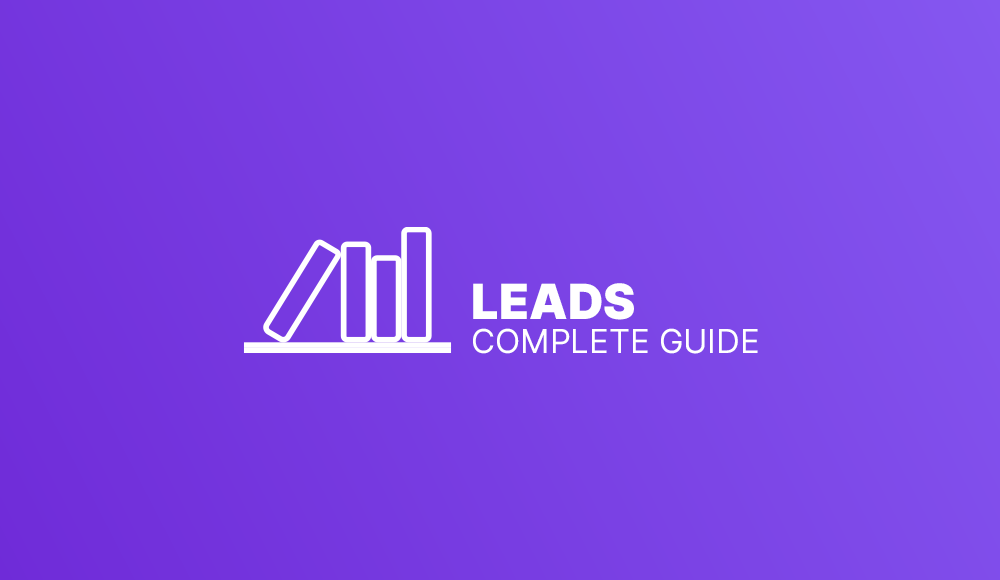
Let's talk about finding the right customers for your business. It's super important, but it can be a real headache if you're doing it the old-fashioned way. You know, manually sorting through leads, trying to figure out who's actually interested in what you're selling. It takes forever and it's easy to mess up.
Fortunately, AI chatbots are changing the game. These smart little helpers can chat with potential customers, ask them questions, and figure out who's really worth your time.
In this guide, we're going to show you how businesses are using chatbots to make finding good leads a whole lot easier.
How AI Chatbots Can Help You Qualify Leads
Chatbots are changing the game when it comes to finding the right customers for your business. Think of them as your always-on team, ready to chat with potential buyers any time of day or night.
AI chatbots can jump into action as soon as someone visits your website. They ask smart questions to figure out if a visitor is really interested in what you're selling.
What makes chatbots really shine is the information they gather. They learn what visitors like and how likely they are to buy. This is gold for your sales team, helping them focus on the people most likely to become customers.
But it's not just about collecting data. Chatbots make the whole experience feel personal and smooth for potential buyers. They guide people through your products or services, just like a helpful store assistant would.
Here's what chatbots can do for you:
- Get personal: Chatbots remember past conversations to make each chat feel special. This helps build trust with potential customers. As they chat more, they get better at understanding what each person likes, making future conversations even more relevant.
- Always on duty: Got a question at 3 AM? No problem. Chatbots are there to answer right away, keeping people interested in your products. This quick response can be the difference between making a sale and losing a customer to a competitor.
- Ask the right questions: These bots can find out important stuff like what someone's looking for, how much they want to spend, and where they're from. They can also dig deeper based on the answers they get, gathering more useful information.
- Smart thinking: Chatbots can understand what people are saying and check if the info makes sense. This helps weed out time-wasters and ensures your sales team gets accurate, useful information.
- Spot the hot leads: By scoring responses, chatbots can tell which potential customers are really interested. This scoring can be fine-tuned over time, getting better at predicting who's most likely to buy.
- Keep perfect records: No more messy notes or forgotten details. Chatbots record everything accurately. This creates a treasure trove of information that can help you improve your products and marketing in the future.
By using chatbots, you're not just making your job easier - you're making the whole experience better for your potential customers. It's a smarter way to find and connect with the people most likely to buy from you, potentially leading to more sales and happier customers.
How To Use A Chatbot For Lead Qualification
Want to use AI chatbots to find your best potential customers? Here's how to get started:
1. Know What You're Looking For
First things first: figure out what makes a good lead for your business. Before your chatbot can start working its magic, you need to tell it what to look for. What makes someone a promising customer? It could be how interested they are, their budget, the problems they're trying to solve, or when they're planning to buy. Once you define this, your chatbot can zero in on the people most likely to become customers.
2. Pick the Right Chatbot Tool
Choosing the right chatbot platform is crucial. Look for one that fits your business like a glove. You want something you can customize, that can grow with your business, and that plays nice with your other tools. Keep an eye out for advanced features like natural language processing (NLP), sentiment analysis, and the ability to connect with your customer relationship management (CRM) system. The right platform will give you everything you need to make the most of chatbots for lead qualification.
3. Ask the Right Questions
Creating good qualifying questions helps your chatbot understand who your ideal customers are. By asking smart questions, chatbots can gather valuable info about what potential customers want and need. This also helps the chatbot give personalized answers to people's questions.
A popular way to structure your questions is the BANT method:
- Budget: "How much are you looking to spend on a solution?"
- Authority: "Are you the person who makes the buying decisions?"
- Need: "What specific problems are you trying to solve?"
- Timeline: "When are you looking to start using a solution like ours?"
You can also add other questions that fit your business, like asking about location or age.
By using these kinds of questions, your chatbot can quickly figure out who's most likely to become a customer. This helps your sales team focus their energy on the most promising leads, potentially leading to more sales and happier customers.
Remember, the key is to keep things conversational and friendly. Your chatbot should feel like a helpful assistant, not a robot interrogator.
4. Design a Smooth Conversation Flow
The key to a great chatbot is making it feel natural and engaging. You want your potential customers to feel like they're chatting with a helpful person, not a robotic questionnaire. Here's how to create a conversation flow that works:
i. Write Your Chat Script
Start by mapping out the questions and answers your chatbot will use. Think about the information you need and how to ask for it in a friendly, conversational way. When you're setting up your chatbot, give it clear instructions on its purpose and include the key questions you want it to ask. Arrange these questions in a logical order that feels natural.
ii. Test and Tweak
Once you've got your script, it's time to put it to the test. Try out different conversations and see how your chatbot performs. Does it understand what people are saying? Does the conversation flow smoothly? If something's not quite right, don't worry - just make adjustments until it feels natural and effective.
iii. Connect with Your Other Tools
Your chatbot shouldn't be an island. Connect it with your other business tools like your customer relationship management (CRM) system, marketing platforms, and analytics tools. This way, all the valuable information your chatbot collects can be easily shared across your business.
iv. Set Up a Scoring System
Not all leads are created equal, so it's important to have a way to identify the most promising ones. Set up a scoring system where your chatbot assigns points based on how people respond. This helps your sales team focus on the leads most likely to become customers. Plus, it can help you spot areas where you might need to improve your chat flow or product offerings.
Looking to Put These Ideas into Action?
Chatbase makes it easy to create natural, effective conversation flows for lead qualification. With Chatbase, you can build your chatbot using simple, natural language – no coding required. The platform's intuitive interface lets you design complex conversation paths that feel smooth and natural to your potential customers.
Ready to supercharge your lead qualification process? Sign up for Chatbase for free today and start turning conversations into customers. Don't let valuable leads slip away – see the difference intelligent, conversational lead qualification can make for your business.
Share this article:
